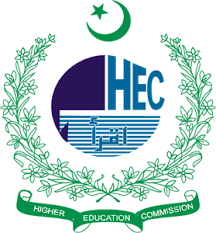The Politics of Alliances During the Regime of President General Ayub Khan: A Case Study of National Democratic Front
DOI:
https://doi.org/10.1234/asr.v4i2.78Keywords:
Politics, Alliance, Movement, Military Rule, Political Parties, Opposition PoliticsAbstract
The politics of alliances is the biggest aspect of an independent form of administration. Pakistan is a sample of such democracies where alliances of political parties played a vital and decisive role at the time. In Pakistan, there are many regional, religious and national political parties. These political parties are based on ethnic, religious and regional themes which is the greatest interruption in the origin of national political parties representing the whole country. Another factor that badly affected the political development of the country was the postponement of democratic rule by military dictators. Political parties in Pakistan are mainly personality-oriented and normally established to attain unimportant objectives. Some of the parties split due to their differences with party leadership. As a result of these factors, Pakistan is still behind in establishing a political party with having national plan. In Pakistan, political parties made numerous alliances from period to period to encounter any tasks, to form a government, to get a government dismissed and to get approval for certain demands from the government. After General Ayub’s martial law political parties had no or very little role in the politics of Pakistan. When the martial law was lifted, political parties remained banned and had practically no role in the decision-making of Pakistan. The first alliance in Ayub’s regime was the formation of the National Democratic Front (NDF) consisting on three opposition parties: Council Muslim League (CML), National Awami Party (NAP) and Krishak Siramic Party (KSP). National Democratic Front was a movement and Hussain Shaheed Sohurwardy played a vital role in uniting these political parties. The main purpose of the movement was the restoration of democracy and abolishing of pthe residential structure by introducing a strong federal structure. After the declaration of the 1965 presidential election, another opposition political party’s alliance was formed named as Combined Opposition Parties (COP) to challenge Ayub Khan in the election. Besides this, the nomination of Fatima Jinnah, a female candidate for presidentship is a controversial question between the Muslim scholars and religious political parties in the country. Other opposition alliances like the Pakistan Democratic Movement (PDM) and the Democratic Action Committee (DAC) were also part of the political alliances during the regime of Ayub Khan. The paper is descriptive, both primary and secondary sources are used for information and focus on the formation, strategies and politics of the National Democratic Front (NDF).









